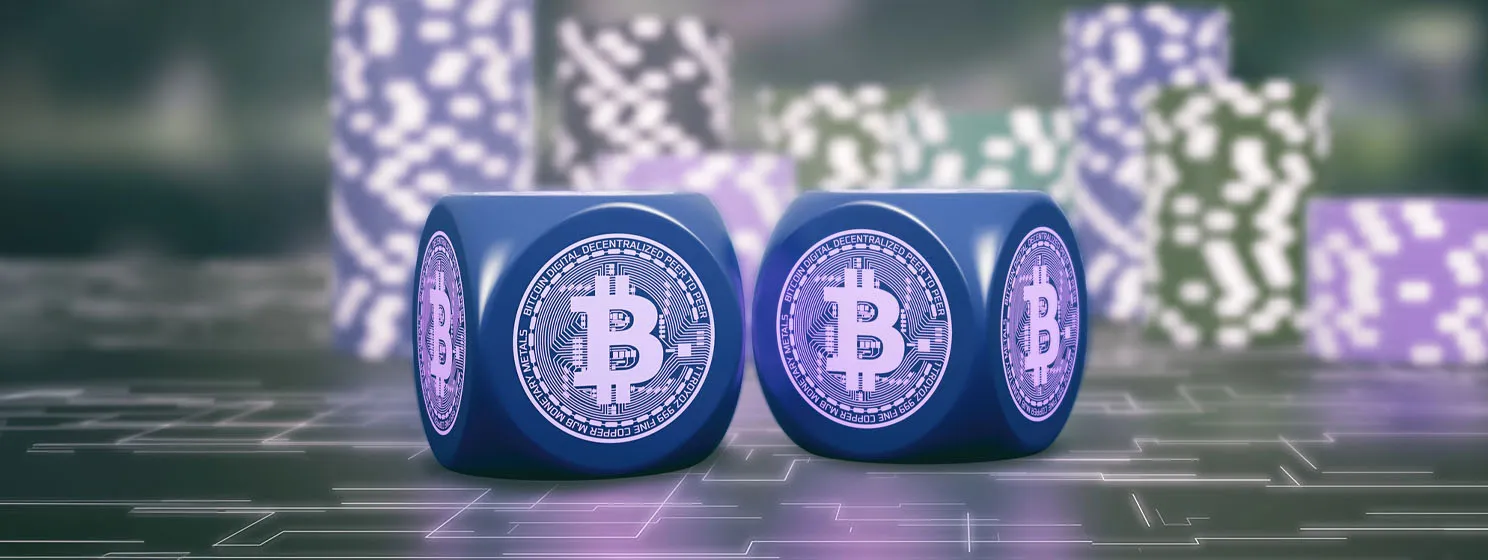|
Getting your Trinity Audio player ready...
|
Now that I’ve attended the Gaming & TECH Summit in Prague and am thinking about iGaming, I wanted to touch base with my friends at PeerGame to see what’s new in their world.
For those unfamiliar with the iGaming operator, PeerGame is a Web3 online casino featuring games built on the BSV blockchain. Various digital currencies are accepted via connected wallets, guaranteeing players secure and nearly instant payments.
By harnessing Web3-enabling tech, PeerGame promises fairness, speed, and simplicity so its players can enjoy gambling without the usual friction in the Web2 world. I spoke with their representative, Margie Dobrowolski, for more details and to give you an idea of what this means and an update on all things PeerGame.
Thank you so much for joining me, Margie! You’ve just rolled out a major update on PeerGame, including a fresh UI/UX redesign. Can you share some more details with us?
Margie: Absolutely! This update was all about evolving our platform to better suit Web3-style gameplay. We focused on simplifying navigation, making it easier to discover and filter through games, and improving the overall flow for both new and returning users. We also introduced features that give players more control over their gameplay (like automated balance handling—AutoWithdrawal feature)—all aligned with our goal of making the experience feel faster, cleaner, and more in tune with players expectations.
Great news! I’m sure we’ll dive deeper into the AutoWithdrawal feature in a bit, but let’s start with your WalletConnect integration. What does this mean, and what new games and features will it allow players to access?
Margie: The WalletConnect integration is a big milestone for us. It means PeerGame can now connect with a wider range of wallets, including MetaMask, Phantom, and Coinbase (NASDAQ: COIN)—all through a single, seamless flow. It also enables us to support a much broader list of tokens beyond BSV, including BTC, ETH, LTC, and stablecoins like USDT (ERC-20). This gives players more flexibility and sets the stage for expanded partnerships with third-party game providers.
Great news again! So, PeerGame identifies as a ‘Web3 casino’ – plenty of people do not even know what Web3 means, so how are Web3 casinos such as yours able to offer a different (better?) experience than ‘traditional’ online casinos?
Margie: Web3 casinos bring a new level of transparency, flexibility, and autonomy for players.At PeerGame:
- Players retain more control over their funds. While we do require deposits, we’ve introduced an AutoWithdrawal feature that automatically returns players’ funds to their wallets after a period of inactivity. So balances aren’t left behind unnecessarily.
- Gameplay activity directly fuels rewards like real-time affiliate payouts.
- On-chain game logic for many of our original titles ensures that every action is recorded and verifiable.
- No traditional accounts, lengthy KYC processes, or centralized restrictions—just a direct connection to gaming.
Sounds great! Back when the concept of a ‘Bitcoin casino’ was first introduced in the early 2010s, I remember Bitcoin enthusiast Charlie Shrem constantly using the term ‘provably fair’ when it came to iGaming. I suspect your BSV-powered original titles are provably fair, can you explain what this term means and why players should care?
Margie: Because “house always wins” isn’t a joke—it’s a design. With provably fair games, players can verify that the outcome was generated fairly, using cryptographic proofs. It removes blind trust from the equation. At PeerGame, especially for our original games (like Dice, Wheel, etc.), every result is tied to on-chain randomness that players can audit. It’s trust through code, not marketing.
I can see how players who are familiar with Bitcoin, blockchain, crypto, etc, would love the features of PeerGame, but how do you cater to players who are less familiar and likely don’t have digital currencies or a wallet?
Margie: Great question, and a real challenge! Right now, PeerGame is wallet-first, so we do require players to connect a crypto wallet. However, with integrations like WalletConnect and HandCash, the onboarding process is very lightweight and fast, typically just QR scan or tap to connect. Our goal is to make the crypto side feel invisible where possible so players can focus on gameplay instead of wallet logistics.
Yes, it’s a lot easier to use a digital wallet these days, that is for sure! What are your thoughts on using stablecoins such as MNEE as a currency at PeerGame?
Margie: Stablecoins are essential for reducing friction in crypto gaming. They help remove the volatility concern for users who just want a reliable gaming balance. We’re currently focused on supporting USDT (ERC-20), but we’re definitely open to exploring other stablecoins like MNEE as long as they align with our roadmap and user demand.
All sounds brilliant! Do you have anything else to add?
Margie: We’re committed to building a casino that feels native to the Web3 generation—fast, transparent, and fair by design. We’ve always believed Web3 should be fun, accessible, and rewarding, not overly complex or intimidating. With the recent upgrades, PeerGame is moving closer to that ideal. We’re also planning some fun campaigns, community-driven features, and additional token integrations in the coming months, so definitely stay tuned!
We sure will! Thank you so much for your time today, Margie. Keep up the amazing work over there.
Watch: Focusing on gaming and unveiling HandCash’s future plans

 08-17-2025
08-17-2025 





